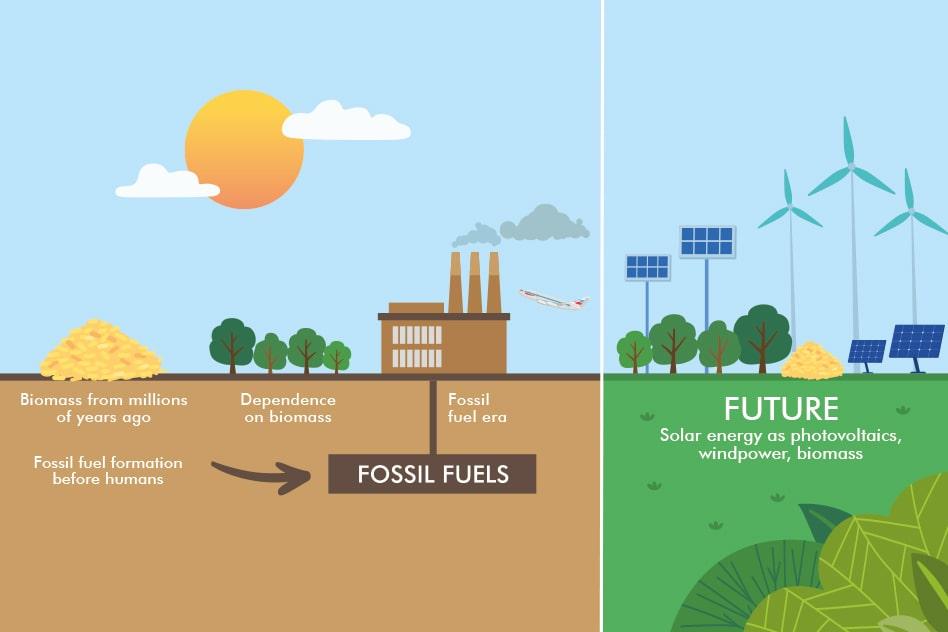In a significant move towards combating climate change, the German government has unveiled a comprehensive set of climate initiatives designed to accelerate the transition to a sustainable economy. The announcement, made by Chancellor Olaf Scholz, outlines a multi-faceted approach that includes increasing investments in renewable energy, enhancing energy efficiency, and implementing stricter emissions regulations for industries.
One of the key components of the initiative is the commitment to achieve carbon neutrality by 2045, five years earlier than previously planned. This ambitious target reflects Germany’s dedication to leading global efforts in climate action. To support this goal, the government plans to invest over €50 billion in renewable energy projects over the next decade, focusing on wind, solar, and hydrogen technologies.
Additionally, the new measures include incentives for businesses to adopt greener practices, such as tax breaks for companies that reduce their carbon footprint and grants for research into sustainable technologies. The government also aims to phase out coal-fired power plants by 2030, a move that has been met with both support and criticism from various sectors.
Environmental groups have largely welcomed the initiatives, viewing them as a necessary step towards a more sustainable future. However, some industry leaders express concerns about the potential economic impact and the feasibility of such rapid changes.
The announcement comes at a crucial time, as Germany faces increasing pressure to meet its climate targets amid rising global temperatures and extreme weather events. With these new initiatives, the German government hopes to not only fulfill its commitments under the Paris Agreement but also inspire other nations to take similar actions.
As the world watches, Germany’s new climate initiatives could set a precedent for how countries can balance economic growth with environmental responsibility. The success of these measures will depend on effective implementation and collaboration between the government, businesses, and citizens.



